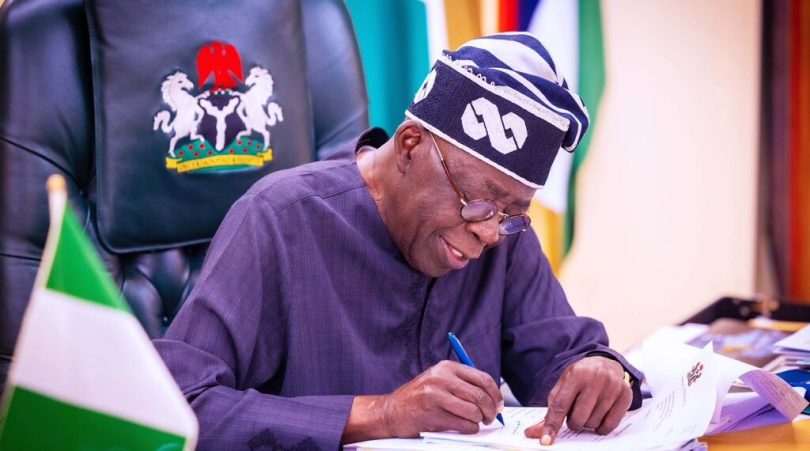The Federal Government has postponed the implementation of the 15 per cent import duty on petrol and diesel until the first quarter of 2026, reversing earlier assumptions that the suspension was indefinite. President Bola Tinubu approved the deferment following a formal request from the Executive Chairman of the Federal Inland Revenue Service, Dr Zacch Adedeji.
Adedeji, in a memo dated November 7, 2025, asked the Presidency to delay the rollout to allow for broader stakeholder consultations and to ensure that local refining, technical systems, and market structures are fully prepared. He argued that a premature implementation could disrupt fuel supply and undermine the intended goals of the tariff.
The duty, initially approved on October 21, was designed to strengthen domestic refining, stabilise downstream prices, and create competitive parity between imported and locally produced fuel. However, the Nigerian Midstream and Downstream Petroleum Regulatory Authority announced a suspension on Thursday, confirming that the policy was no longer feasible at this time and had the President’s backing.
A letter seen by The PUNCH shows Tinubu directed that the tax be put on hold “for further review in the first quarter of 2026,” rather than scrapped. The FIRS boss noted that the delay would enable government agencies to monitor production levels at local refineries and align the duty’s rollout with verified output and market conditions.
Tinubu’s approval followed concerns that applying the 15 per cent levy could raise pump prices, worsen inflation, and increase import costs at a time Nigeria’s domestic refineries have yet to achieve full operational capacity.
The policy has been met with mixed reactions across the oil and gas industry. Marketers and experts, however, widely welcomed the suspension, describing it as a timely intervention that prevents immediate economic strain.
PETROAN President, Billy Gillis-Harry, said the deferment shows the government is “responsive and analytical,” noting that a 15 per cent tariff would have been excessive in the current economic climate. He argued that while import duties are useful for market reform, they must be timed to avoid harming consumers.
Similarly, IPMAN’s National Publicity Secretary, Chinedu Ukadike, praised the move, warning that the tax would have fuelled inflation. Oil analyst Olatide Jeremiah also described the suspended tariff as “ill-timed,” cautioning that imposing such a levy while Nigeria still relies heavily on imported fuel would distort the market and undermine energy security.
A major marketer who preferred anonymity attributed the reversal to industry resistance, political sensitivities, and the risk of higher fuel prices. He added that the pause ensures importation continues while local refineries scale up production, preventing supply shortages or monopolistic dominance.
Meanwhile, the NMDPRA assured Nigerians that petrol, diesel, and cooking gas supplies remain stable, urging the public to avoid panic buying or hoarding. The agency stressed that it would continue to monitor the downstream market to maintain order and prevent artificial scarcity.

